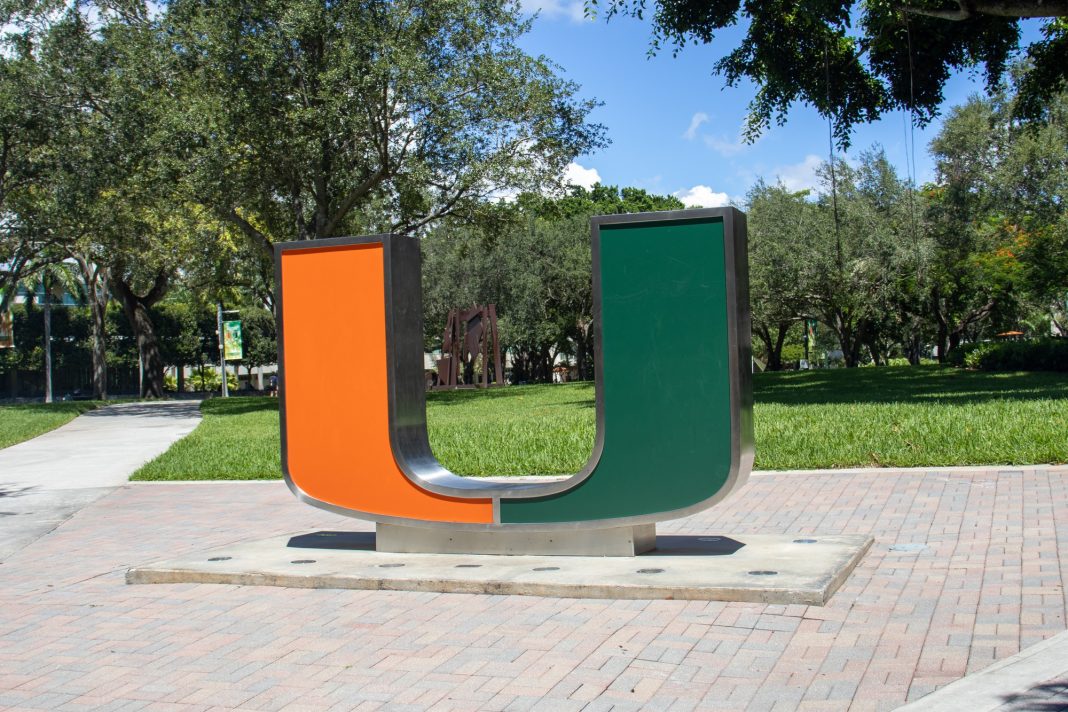A financial referendum led by sophomore Senator Nik Howell, Chair of the Senate Policy and Finance Committee, aimed to raise the student activities fee by one dollar per semester to increase funding for the University of Miami Student Government (SG), but failed to make the ballot after being proposed for a second time.
The proposal lacked student support and failed to meet requirements set by the Elections Commission.
Many students responded with questions as opposed to direct opposition. A lack of information distorted the original purpose of the referenda. The senate committee that proposed the increase failed to make it clear that the increased student activities fee would directly increase the Student Government budget.
“Tuition seems to increase every year,” third year creative advertising major, Isa Lozano said. “This would make paying it harder than it already is, and I don’t really know where the money would be going.”
The student government budget funds SG events including outreach initiatives, elections and giveaways, as well as co-sponsoring larger events and celebrations hosted by student organizations. Student government provides supplemental funding that wasn’t received from SAFAC to host these events.
A few times this year SG was not able to serve the large number of students that attend their events due to a lack of funds.
“When we offered chipotle during (De)Stress Fest we ran out,” commuter senator, Katrina Hernandez, said. “More funding would help us better accommodate the amount of students that come to our events.”
Student government has co-sponsored the Asian American Student Association’s Lunar New Year Celebration, Federación de Estudiantes Cubanos’ Week of Cuban Culture and African Student Union’s Taste of Africa.
The initial proposal was piloted by the 2021-2022 SG Treasurer Grace Tenke. The referendum sought to increase the student activities fee to increase the SG budget for initiatives to benefit the student community.
“This would increase our budget by a good amount,” Howell said. “The goal was to increase the budget so that way we can give more back to the campus community, not for our own internal greed, so to speak.”
During election season, any student can write a financial referendum that will increase the student activities fee. The funding from this increase will be allocated to a specific group or organization of the writer’s choosing. This financial referendum was proposed by the Senate and supported by multiple members of SG.
To get the referenda on the ballot students must attend a mandatory referenda writing workshop, submit the request to the Elections Commission Chair for approval, initiate a petition with consent via signature of 10% of the unique undergraduate population and submit all materials to the Elections Commission before the first day of voting. Students can begin acquiring signatures before the mandatory workshops.
The referendum petition failed to receive the necessary 500 signatures, or 10% of the current UM population. The writers of the referenda then missed the mandatory meeting and the committee decided they would not proceed with the referendum.
“The best way to promote it is very much in a grassroots way, actively going out talking to students, tabling at outreach events,” Howell said. “That’s something I hope that we can improve on next year to bring it back and ultimately make it successful.”
The 2021-2022 referendum struggled with the same requirement. This year, every full time enrolled undergraduate student received an email promoting the referendum. Although Howell reported that the referendum received more signatures this year than last, it ultimately did not receive the 500 required.
“Two financial referenda were proposed to me prior to the campaign period, one from Student Government and the other from an on-campus publication.” Asia Chester, the SG Elections Commission Chair, said. “Unfortunately, neither fit the requirements to be placed on the ballot.”
Student government is considering submitting the referenda for a third try next spring.
“We aim to clarify. We want to make sure that all the information is laid out, as well as our intentions and our goals,” Howell said. “Because ultimately, we’re here to serve students. We’re here to improve the university and create a better campus experience for all students.”







